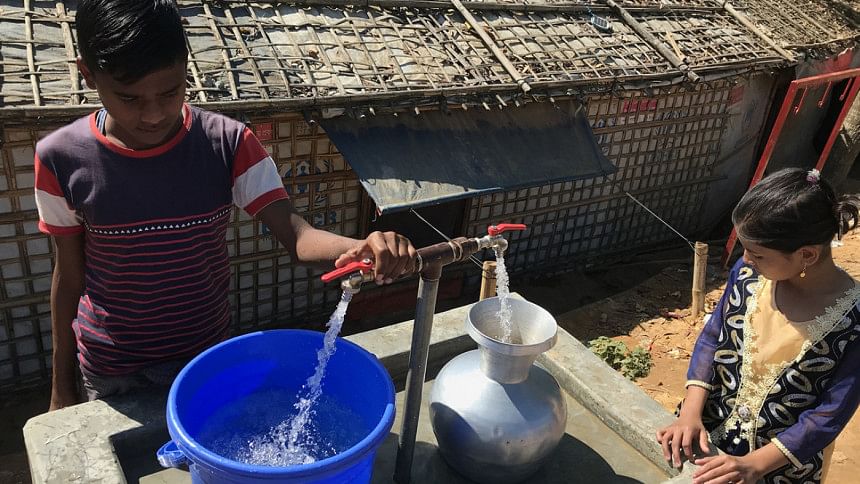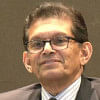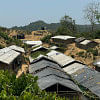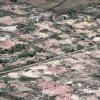UNHCR to provide safe water for Rohingyas

UNHCR, the United Nations Refugee Agency, and its partners have been turning to green and non-polluting technology, including solar power, to help provide safe water to Rohingya refugees living in the crowded settlements in Bangladesh.
Over the past six months, five new safe water networks funded by the UNHCR have been completed in the Kutapalong-Balukhali refugee site that are fully powered by solar energy, according to a press release of the UNHCR.
According to the release, solar panels generate enough energy to produce electricity to run motorised water pumps which draw water from newly-installed 70,000 litre chlorinated water tanks. The water is then pumped to tap stands installed close to refugee households.
The project's aim is to provide 20 litres of potable water to every refugee daily for drinking and cooking, the release read.
"More than 900,000 Rohingya refugees are living across 36 different locations in Bangladesh. Water is scarce in most locations. In the dry season, especially in areas like Nayapara, often the only solution is water trucking, which is very costly. It has been challenging to secure adequate water sources for the whole refugee population, most of whom fled to Bangladesh in late 2017. This is why UNHCR and partners have stepped up their efforts throughout 2018 to address the massive water and sanitation needs."
"The improved water networks are completely solar powered in order to reduce energy costs and fuel emissions", said Murray Wilson, head of UNHCR's water, sanitation and hygiene (WASH) programmes in Cox's Bazar.
UNHCR has been working closely with the Government of Bangladesh to identify water sources, provide expert advice and permission to dig tube wells and build other structures such as water reservoirs, water treatment plants, pipelines, water storage tanks, chlorination systems and boreholes fitted with hand pumps, the release added.

 For all latest news, follow The Daily Star's Google News channel.
For all latest news, follow The Daily Star's Google News channel. 








Comments